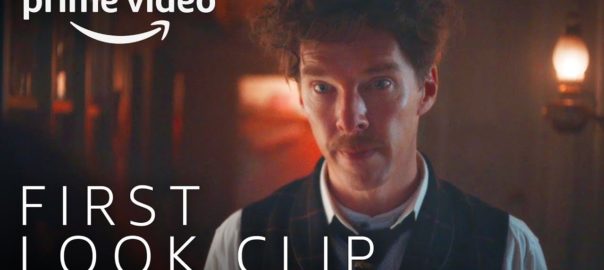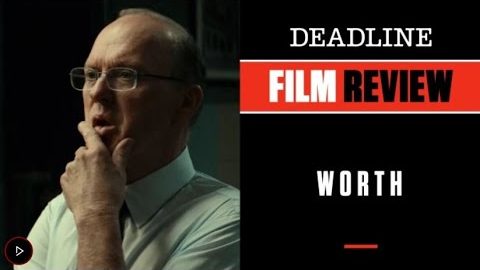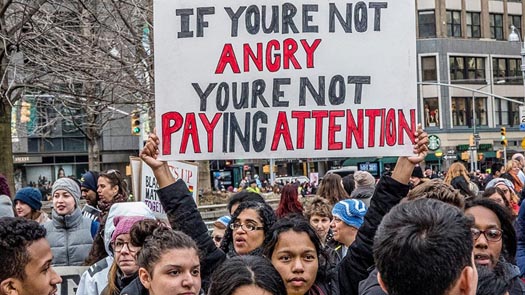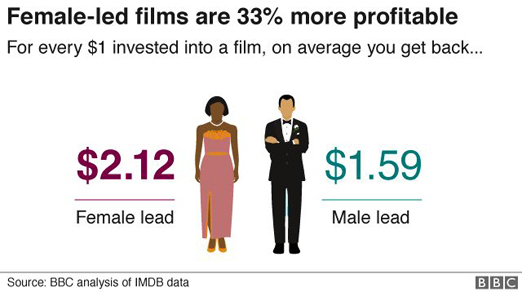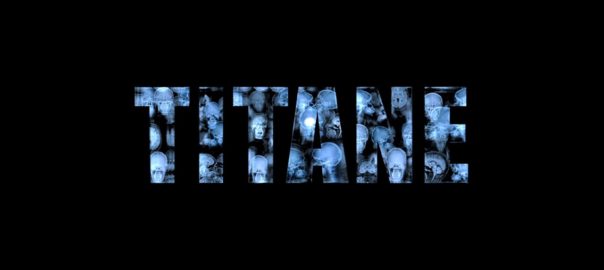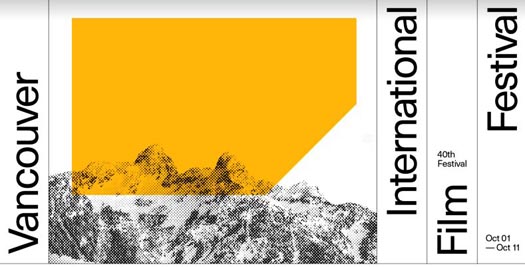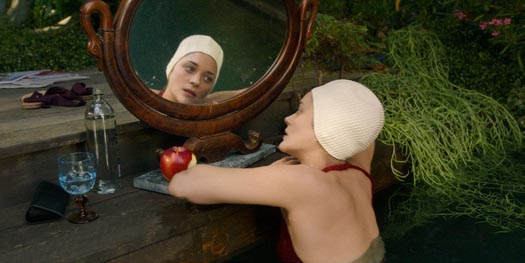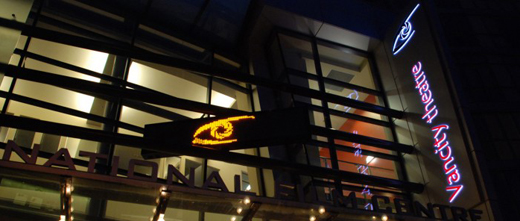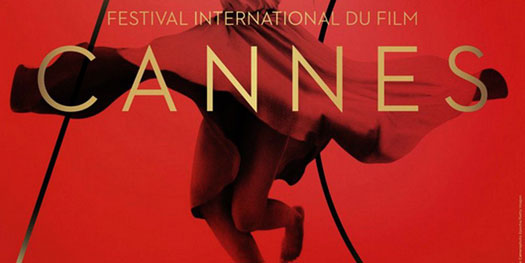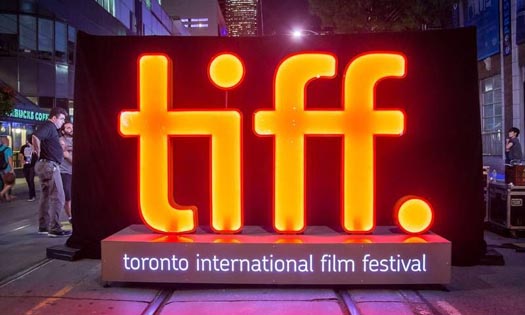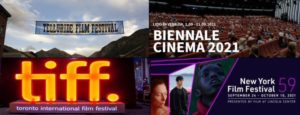
In 2021, wherever a film festival may take place, appropriate COVID protocols will be in place, including mandatory masks in the screening rooms and common areas, and proof that cinephile patrons have been vaccinated.
The pandemic – particularly given the ravages of the COVID-19 fourth wave – will probably mean, and has meant at the Telluride and Venice film festivals, prejudiced attendance numbers at fall film festivals. As was the case in 2020 – and once again will be so in 2021 – films on offer will be made available for home viewing, with a small number of films available exclusively for in-person screenings. In other words, in order for film festivals to “work” in 2021, festival directors have adopted a “hybrid model” to satisfy the viewing demands of their loyal patrons.
At Telluride and Venice, major film studios made their star-driven, Oscar contending film slates available to these two prestigious film festivals, as will be the case in Toronto – which got underway yesterday – and later this month in Gotham City, at the 59th annual New York Film Festival, which will share half their slate with VIFF.
At Telluride and Venice, Hollywood stars turned out in all their finery, engaging in post screening discussions with audiences, sitting in rapt & appreciative attention.
Above is a clip of Japanese-English director Will Sharpe’s The Electrical Life of Louis Wain, a whimsical Victorian biopic starring Benedict Cumberbatch and Claire Foy — which, it was announced at the annual Vancouver International Film Festival media conference has been selected as VIFF40’s opening night film, on October 1st.

“Movies are a distraction from reality,” says a character in Paolo Sorrentino’s Hand of God — which débuted at Telluride — a sprawling, funny-sad, autobiographical coming-of-age story. That’s a good thing. Reality is drab and painful — “lousy,” according to the film’s English subtitles — and film provides a much needed respite.
The break-out Oscar contenders that débuted at Telluride include …
Cyrano, a lovely new telling of the classic story of Cyrano de Bergerac, which had its world première at Telluride, and took that film festival by storm — with guaranteed Oscar nods all around;
https://youtu.be/MUnsoxe7K4g
The North American première of Spencer, the mesmerizing new drama starring Kristen Stewart (a guaranteed Best Actress Oscar nominee) as Princess Diana; and
The crowd-pleasing King Richard, a drama charting the rise of tennis superstars Venus and Serena Williams, expected to launch Will Smith into the Oscar race for his portrayal of the girls’ demanding dad and coach, Richard Williams — a loving, egocentric father who, it turns out, did know what was best for his daughters.
Céline Sciamma’s exquisite Petite Maman — which débuted at the Berlinale, and has been set as VIFF40’s closing night film (cuz it’s VIFF programmer, Curtis Woloschuk’s, favourite film at VIFF this year, he told VanRamblings earlier in the week — don’t tell anybody, though, cuz it’s a secret) — a delicate film full of surprises. Sciamma, whose Portrait of a Lady on Fire was a VIFF standout in 2019 (at the pre-pandemic VIFF festival), examines female intimacy from a different angle.
Nelly and Marion (played by young twins named Joséphine and Gabrielle Sanz) are 8-year-old girls living in similar houses in the woods. They strike up a friendship tinged with elements of fairy-tale supernaturalism, magical realism and time travel. The twists packed into the film’s compact 72 minutes arrive gently and matter-of-factly. The intense emotions they leave behind — this is one of the quietest tear-jerkers you’ll ever see — are at once familiar and wholly new.
Soon, the sane and responsible among us will be fully vaccinated and in possession of our province-issued vaccine card — making attendance at movie theatres, restaurants, bars and pubs safer and more enjoyable for the vast majority of us.

As much as COVID’s fourth wave will keep us in its troubling grip, for the most part it is the anti-social unvaccinated amongst us who will bear the malignant brunt of the coronavirus — for the rest of us, a return to a near normal state of being holds promise for our immediate future, and the prospect of an autumn movie-going season sitting amongst our brothers and sisters inside a darkened movie theatre.
